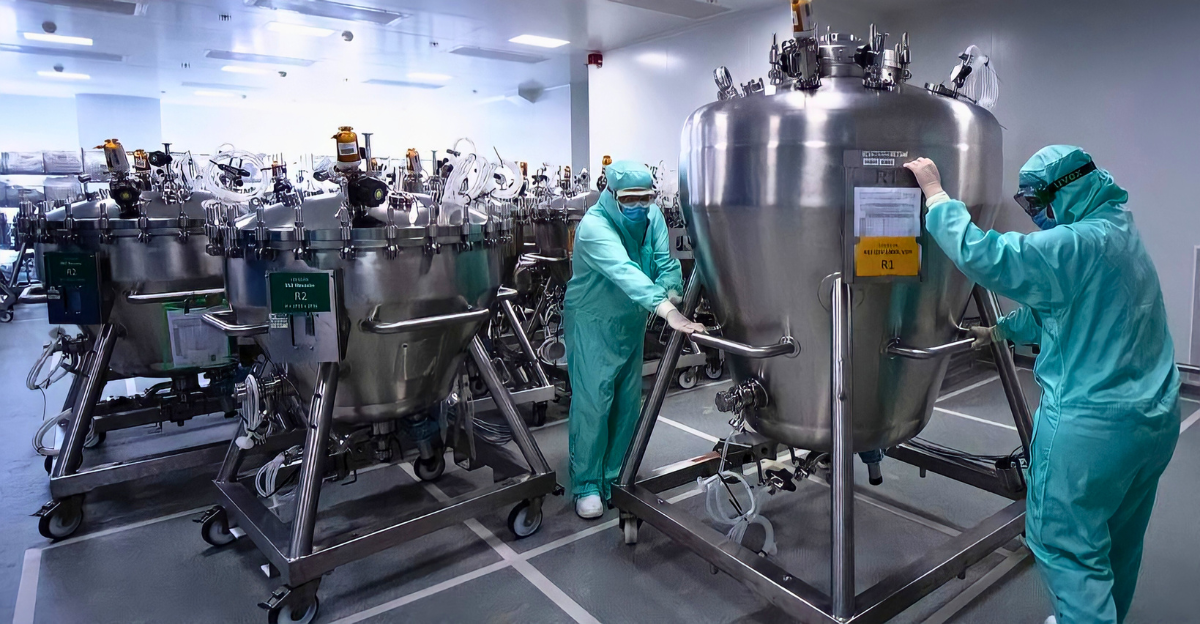
California’s lab-grown meat entrepreneurs are pushing back hard against a wave of state bans. The global market for cultivated meat is still small – roughly $315.9 million in 2025, but it’s growing rapidly.
Texas’s new two-year moratorium on lab-grown protein (effective Sept. 1, 2025) makes it the seventh state to enact such a ban.
For companies like UPSIDE Foods and Wildtype, the Lone Star State has become the latest battleground. They warn that Texas’s tough stance (detailed next) could reshape the future of protein before cultivated meat even reaches mainstream consumers.
Criminal Penalties

Texas SB 261 imposes draconian penalties. Each day of illegal sales can trigger a $25,000 fine. Criminal consequences are steep, too: a first conviction is a Class A misdemeanor (up to one year in jail and a $4,000 fine), and repeat offenses escalate to a state jail felony (up to two years behind bars).
These are far harsher than earlier bans: Florida’s cultivated-meat law, for example, carries only misdemeanor sanctions (up to 60 days in jail and modest fines).
Critics say Texas’s enforcement regime is unprecedented and designed to snuff out the industry entirely.
Industry Genesis

The modern cultivated-meat industry began in Silicon Valley around 2015. Upside Foods (then Memphis Meats) was founded in 2015 to grow chicken and beef in bioreactors.
The goal was revolutionary: real meat from animal cells, without herds and slaughterhouses. Proponents argued this could eliminate much of the environmental toll of livestock farming – saving land, water, and reducing methane – while meeting soaring global demand for protein.
Today, multiple start-ups cite those early successes as proof that cultured meat can replicate traditional taste and texture. (It remains to be seen if those promises will pan out at scale.)
Federal Approval
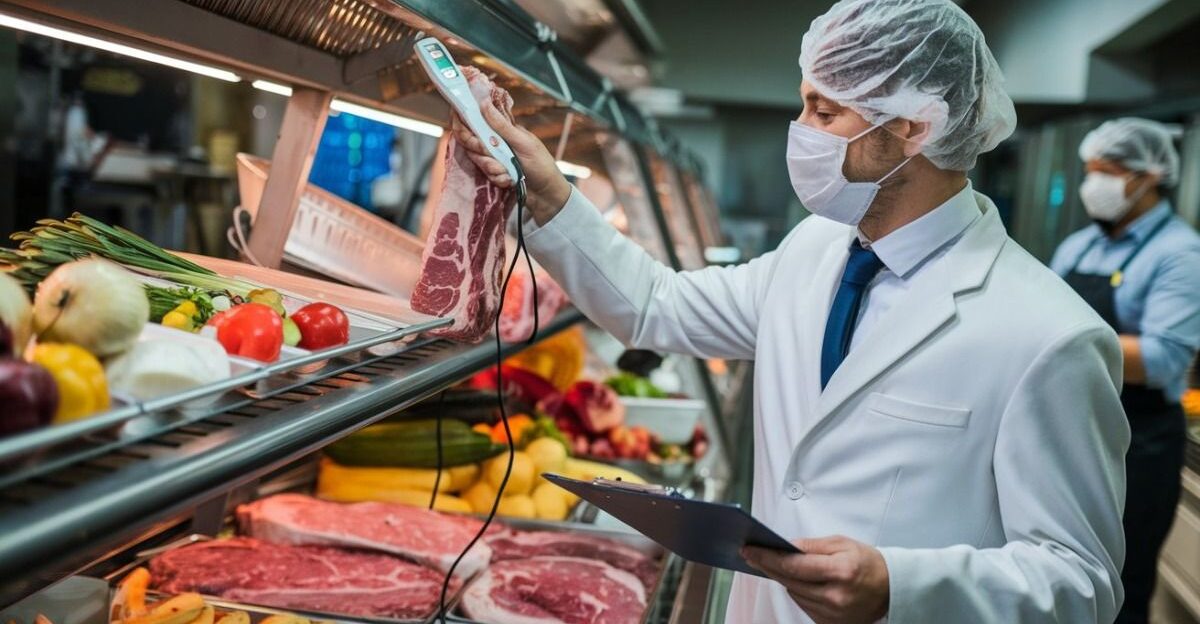
At the federal level, regulators have largely given the industry a green light. In 2023 USDA’s Food Safety and Inspection Service (FSIS) granted inspection certificates to cultivated-meat companies (UPSIDE and Good Meat), formally allowing their chicken products to enter the U.S. market.
Under the FDA–USDA formal agreement, FDA first reviews the safety of the cultured cells, then USDA-FSIS inspects the harvest and packaging – just like conventional meat.
This means lab-grown products must meet the same stringent safety standards. Cultivated-meat backers argue these federal approvals should override conflicting state bans.
Lawsuit Filed

On Sept. 2, 2025, the California firms UPSIDE Foods and Wildtype sued Texas officials (AG Ken Paxton and health agencies) to overturn SB 261. Represented by the Institute for Justice, they contend the ban is blatantly unconstitutional.
The complaint argues Texas enacted the ban “to protect its cattle ranchers,” discriminating against out-of-state competition. It invokes the Commerce and Supremacy Clauses – saying states can’t block FDA/USDA-approved products.
Wildtype co-founder Justin Kolbeck said the issue is consumer choice: “We just want Texans to have a taste and make up their own minds”. The lawsuit is the newest chapter in the nationwide courtroom battle over lab-grown meat.
Economic Impact

The stakes are high because livestock is a major Texas industry. In 2021, Texas animal agriculture generated about $39.9 billion in economic output and supported roughly 239,000 jobs.
Cattle and poultry farming dominate much of rural Texas. Ranchers warn that cell-cultured alternatives threaten these livelihoods. Opponents of the ban say it’s less about safety and more about shielding entrenched interests.
As IJ attorney Paul Sherman notes, the law “has nothing to do with protecting public health and safety”, and everything to do with protecting traditional agriculture from innovation.
CEO Response

Industry leaders have publicly blasted the ban. UPSIDE Foods CEO Uma Valeti condemned it as protectionism: “For the same reason California cannot ban Texas beef in California, Texas cannot ban salmon or chicken from California,”he said.
Wildtype’s co-founders echoed the point. Justin Kolbeck added, “We just want Texans to have a taste and make up their own minds,” calling the ban a “door on choice”.
These executives frame the fight as preserving interstate commerce and consumer freedom – rejecting what they see as state-backed economic favoritism.
Market Competition

Investors aren’t shying away. The cultivated-meat market may start small, but it’s growing fast: analysts project it will jump from $315.9 million in 2025 to about $3.44 billion by 2033.
UPSIDE Foods itself is now a tech “unicorn”: its $400 million Series C round valued the company over $1 billion. Wildtype has raised roughly $100 million for its salmon products.
Such funds support big facilities: UPSIDE built a 53,000-sq-ft EPIC production center in California. Both firms are partnering with chefs and restaurants to reach consumers. Wildtype’s salmon, for example, was served at the high-end Otoko sushi bar in Austin (until the ban).
Regulatory Pathway
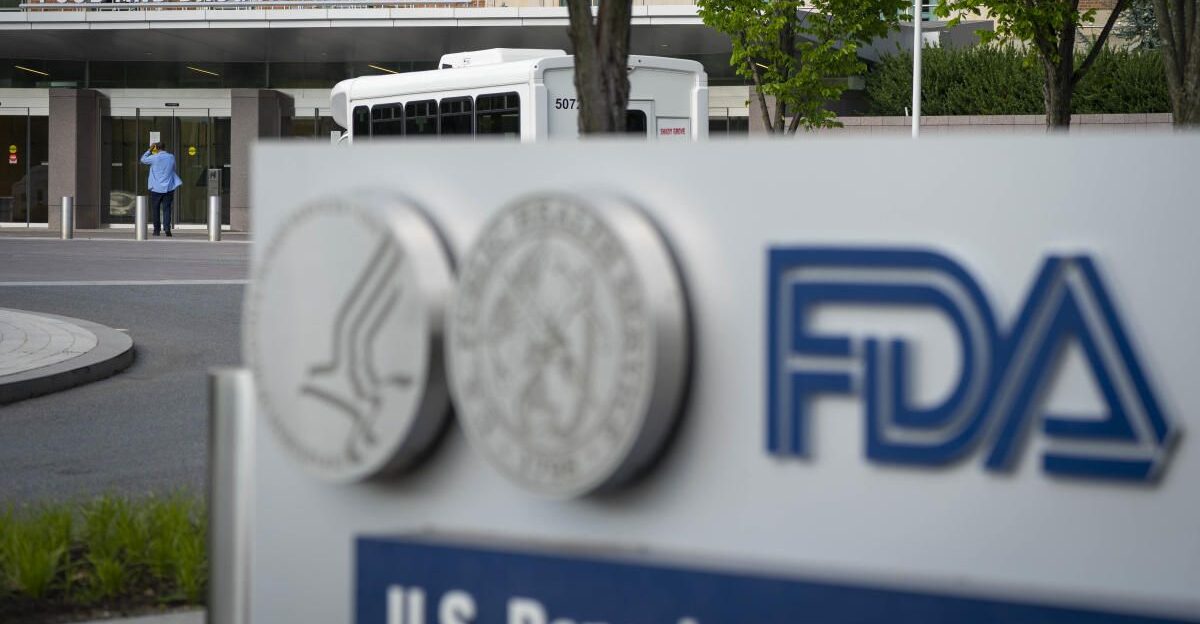
Federal law treats cultivated meat like any new food. Companies must register their facilities with the FDA and implement full food-safety programs (hazard analysis, sanitation plans, etc.).
They then undergo an FDA “pre-market consultation” to prove safety. Only after FDA signs off (a “no questions” letter) can they apply for a USDA grant of inspection.
Once granted, USDA-FSIS inspectors oversee processing just as they do for slaughterhouses: requiring HACCP plans, clean facilities, traceability and even on-line, shift-by-shift inspections.
Multi-State Strategy
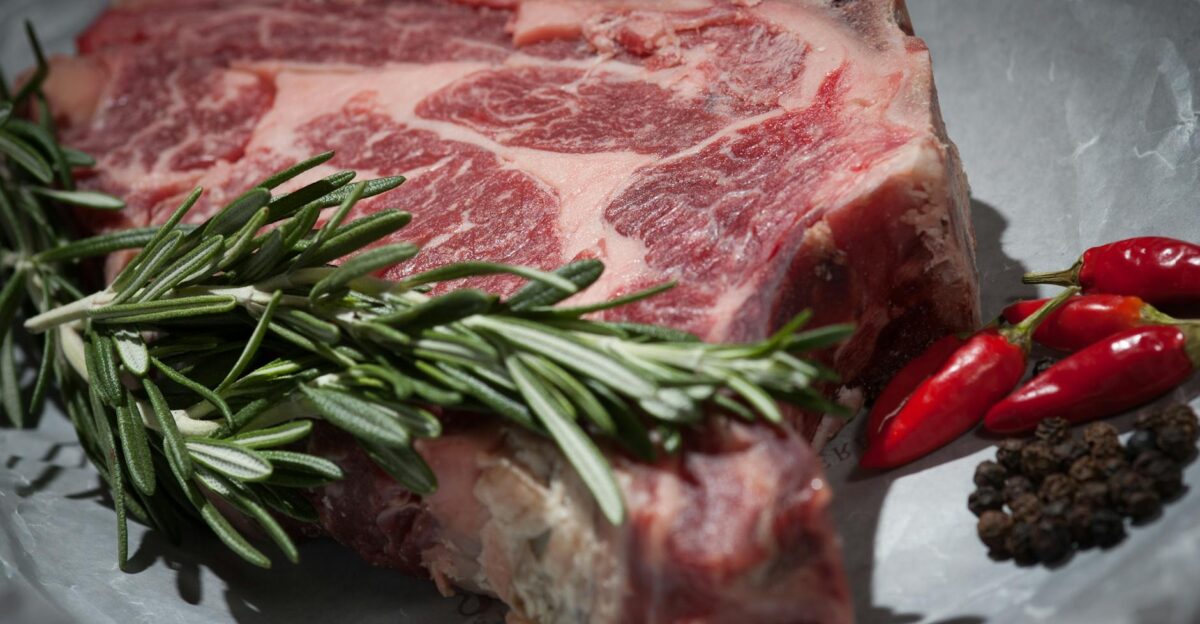
Texas isn’t alone. Lawmakers in Florida, Alabama and Mississippi have enacted similar bans on cultivated meat sales. Industry lawyers see a coordinated crackdown. The Institute for Justice has already sued to overturn Florida’s ban, seeking a broad ruling that could sweep away multiple states’ laws.
Critics dismiss the bans as mostly political grandstanding. Suzi Gerber, of the American Protein Food Manufacturers trade group, quipped that there is “a very, very strong sense of political theater” in these moves.
Observers suspect that even if these laws are mostly symbolic (products still can’t be bought anywhere yet), defeating them in court is a key strategy to secure future sales nationwide.
Rancher Resistance
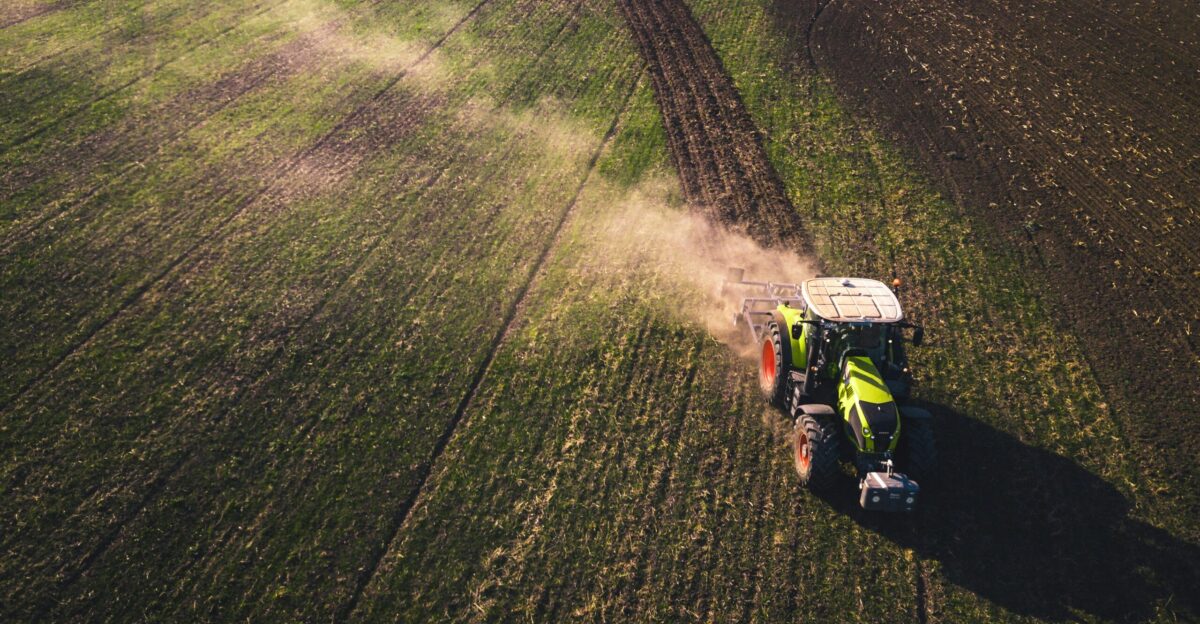
Agricultural interests are firmly behind the ban. Texas Agriculture Commissioner Sid Miller praised SB261 as “plain cowboy logic” to keep “real, authentic” meat on Texans’ plates.
The Texas & Southwestern Cattle Raisers Association (TSCRA) lobbied for the ban, arguing it was needed “to protect our consumers, the beef industry and animal agriculture”.
For many ranchers, cultivated meat is seen as a direct threat to family farms and rural communities. They view it as a tech-driven assault on traditional livestock businesses – one that, they fear, could devastate their way of life if allowed to spread unchecked.
Industry Investment

Despite the controversy, venture capital remains strong. Major backers continue to pour money into cultivated startups. Wildtype’s $100M Series B attracted Leonardo DiCaprio, Jeff Bezos, and other luminaries.
UPSIDE Foods, backed by Gates, Tyson, and others, has raised over $600M total. Both companies are scaling up production. UPSIDE’s EPIC facility in Emeryville can churn out ground chicken by the ton.
Meanwhile, real-world trials are expanding: besides Austin’s Otoko, Wildtype salmon debuted at Seattle’s The Walrus & the Carpenter in 2025. These early entries test consumer interest and build brand buzz in premium markets, even as mass-market retail remains a few years away.
Legal Strategy

Wildtype and UPSIDE are seeking an injunction to halt SB261 immediately, arguing that every day the ban is enforced causes irreparable harm. The case will hinge on showing that the law is discriminatory.
If they can prove Texas enacted SB261 with the purpose of shutting out-of-state competitors, courts may apply strict Commerce Clause scrutiny.
Historically, success in such suits is mixed: judges allow outright protectionist laws to fall, but often uphold general health and safety regulations. These companies are betting the timing is right: with federal regulators having approved their products, a court might be sympathetic to arguments that Texas is overstepping.
Expert Skepticism

Many lawyers caution that states retain broad power over food safety – even if federal agencies have weighed in. The Supreme Court’s 2023 ruling in Pork Producers Council v. Ross upheld California’s animal welfare law in large part, deferring to the state’s judgment on pig confinement.
That decision suggests courts may allow states some leeway unless plaintiffs clearly prove discriminatory intent. Texas will defend SB261 as a legitimate food-safety/consumer-information measure.
So far, the companies must show more than just inconvenience: they have to convince a judge that the ban is really a thinly-veiled effort to block new competition in violation of constitutional commerce protections.
Timeline Pressure

Time is running out. Texas’s ban automatically sunsets on Sept. 1, 2027 – two years after enactment – forcing the legislature to revisit the issue then. Meanwhile, the plaintiffs are pushing for a quick hearing and decision.
If the court issues an injunction by 2025, cultivated-meat sales could resume in Texas before the ban expires. But if the request is denied, Wildtype and UPSIDE will be locked out of the state’s large market until 2027.
Industry observers say this window could make or break the companies’ Texas strategy. In the best case, the lawsuit pauses enforcement and preserves market momentum; in the worst case, their products sit idle in Texas for two years while opposition solidifies elsewhere.
Political Implications

Politicians are casting the bans in ideological terms. In Florida, Gov. Ron DeSantis framed SB1084 as a stand against a “global elite” agenda to force Americans to eat “meat grown in a petri dish”.
In Texas, Commissioner Miller stressed loyalty to ranchers and homegrown food, talking about defending “real food from real people” against synthetic alternatives.
The issue has thus become a culture-war flashpoint: for some conservatives, it’s about protecting rural values and local control, while biotech proponents cast it as a free-market issue. The cultivated-meat debate has moved well beyond science, morphing into a symbolic skirmish over national identity and economic populism.
International Context

Outside the U.S., regulators have generally been more permissive. Singapore led the way in 2020 by approving the first cultivated chicken for sale. The European Union governs cell-based meat under its 2015 Novel Foods rules (several applications are pending, including by U.S. companies).
Other countries have cleared products: in 2024 Israel approved the world’s first cultivated beef steaks, and in 2025 Australia’s FSANZ approved a cultivated quail product. These international markets could benefit competitors.
If American firms are hamstrung by domestic bans, foreign startups may win market share overseas – then re-enter the U.S. later. Fragmented U.S. rules risk ceding early advantage to international players even as domestic companies fight in court.
Environmental Stakes
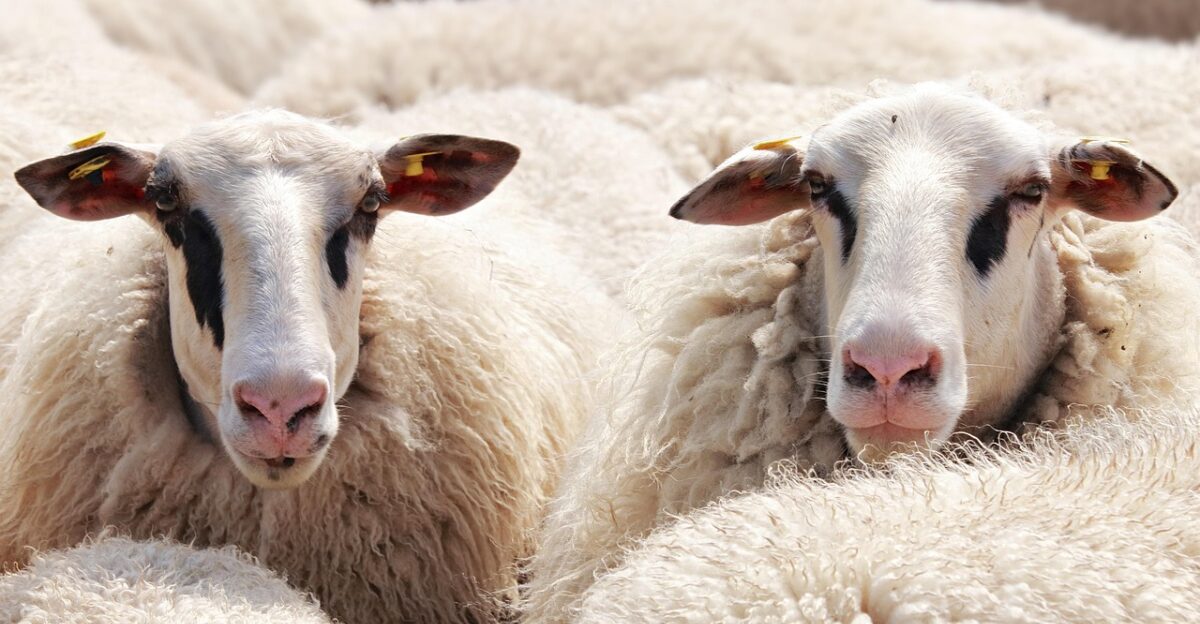
Livestock farming is a major climate issue. An estimated 1.5 billion cattle produce about 231 billion pounds of methane per year, a potent greenhouse gas. Cultivated meat promises deep cuts in land and methane use – a potential climate boon. But skeptics point out the trade-offs.
A 2023 UC Davis analysis warned that today’s lab-grown processes are extremely energy-intensive; in one model, they could emit 4–25 times more CO₂ per pound than conventional beef unless the technology shifts from “pharma-grade” inputs to cheaper, food-grade processes. In other words,
While lab meats could ultimately reduce emissions, in the near term they may not be the obvious environmental win that proponents claim. This has become another line of argument over whether bans serve legitimate environmental concerns or simply protect cattle interests.
Consumer Acceptance

Public opinion on cultured meat remains mixed. Early surveys suggest many Americans are curious but hesitant about lab-grown products. Concerns center on taste, naturalness and price. Initial taste tests have been promising, but mainstream consumers may balk at unfamiliar labels or higher costs – at least while production is small-scale.
Cultivated meat is still expensive, limiting it to niche markets for now (think high-end restaurants or specialty stores).
Even if the Texas lawsuit succeeds, experts warn that broader adoption will depend on whether producers can cut prices and win over skeptical eaters. Traditional meat still dominates supermarket shelves, and prevailing eating habits could slow the disruption even if regulatory barriers fall.
Constitutional Crossroads

Ultimately, this lawsuit tests America’s federalist balance. UPSIDE and Wildtype claim Texas blatantly ignored federal oversight and interstate commerce rules – “enacted with the purpose…of discriminating against competition coming exclusively from out of state,” as the complaint notes.
If a court agrees, SB261 could be struck down, reinforcing the principle of a unified national market. But if the ban survives, it would set a precedent allowing states to use health/safety laws as cover for shielding local industries.
The outcome will signal whether emerging industries can break through old protections or must first change the law in every jurisdiction. It’s a case whose impact reaches far beyond the supper table.